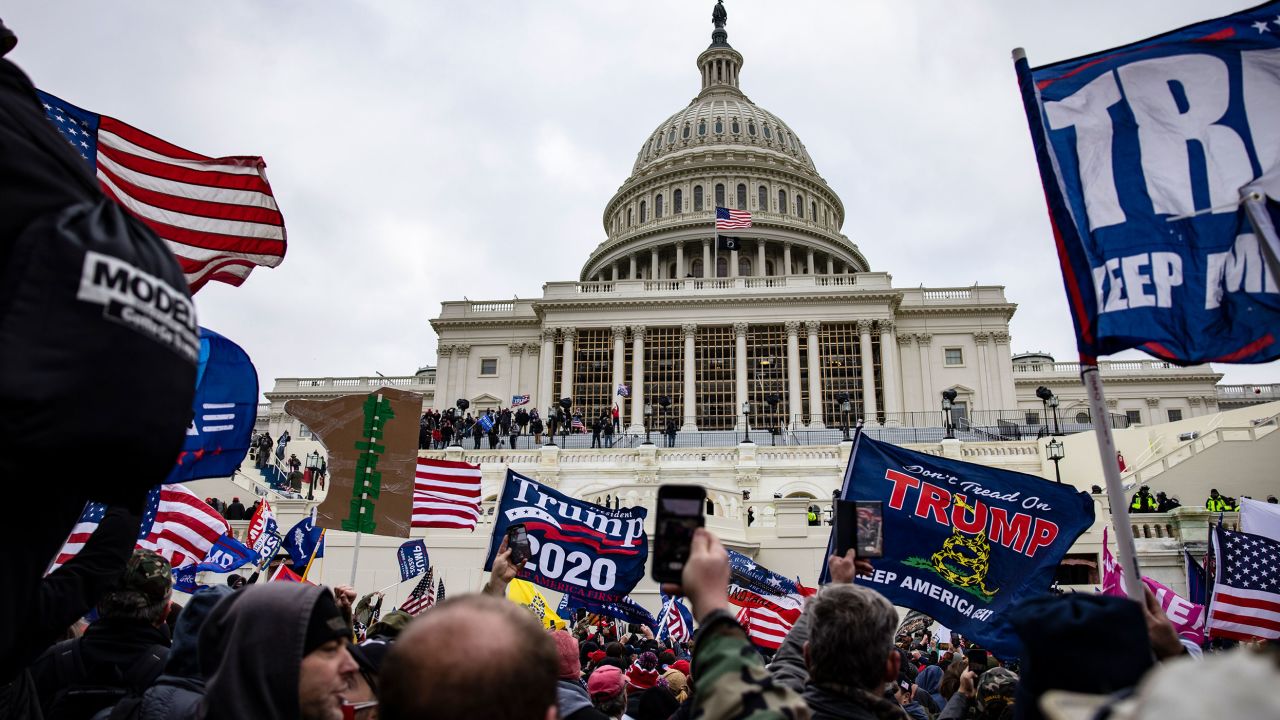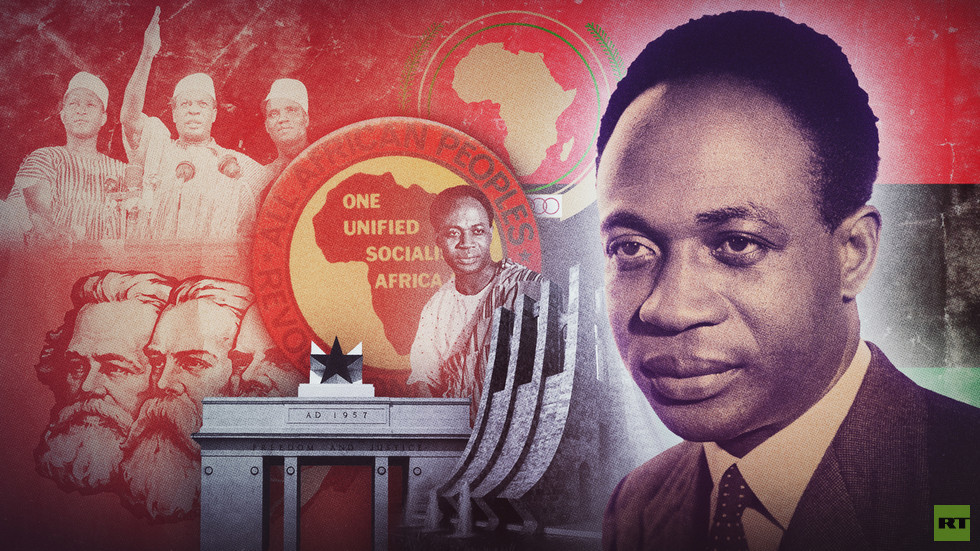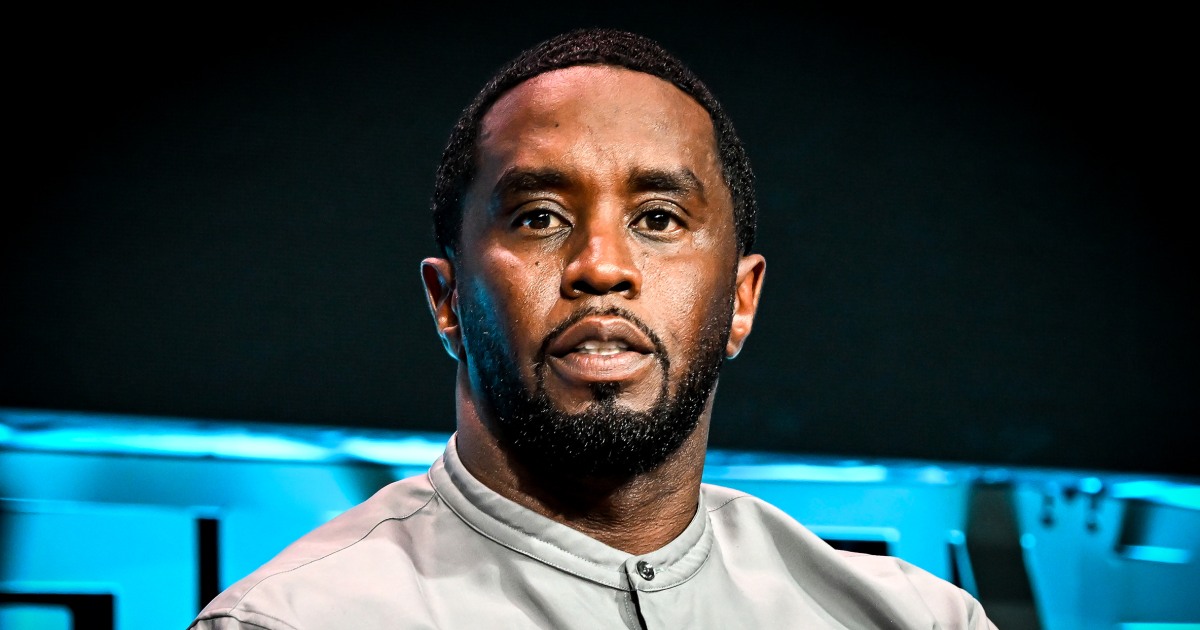Washington CNN —
The federal appeals court in Washington, DC, has upheld the Justice Department’s use of a key criminal charge against hundreds of January 6 rioters, saying they can be charged with obstructing Congress.
The appeals court said obstruction can include a “wide range of conduct” when a defendant has a corrupt intent and is targeting an official proceeding, such as the congressional certification of the presidential election on January 6, 2021.
The major ruling affects more than 300 criminal cases brought in the wake of the Capitol riot. The Justice Department has used the charge – obstructing on official proceeding – as the cornerstone of many of the more serious Capitol riot cases, where defendants were outspoken about their desire to stop Congress’ certification of President Joe Biden’s Electoral College win or were instrumental in the physical breach of the Capitol building.
This is a significant moment in the January 6 investigation and a win for the Justice Department. If the appeals panel had rejected prosecutors’ use of the obstruction law, it could have imperiled hundreds of cases against individual rioters.
But the three judges on the panel weren’t united in their interpretation of the law, with each writing separately about how the obstruction statute should be interpreted.
“The broad interpretation of the statute – encompassing all forms of obstructive acts – is unambiguous and natural,” Judge Florence Pan of the US Court of Appeals for the District of Columbia Circuit wrote Friday in the 2-1 opinion.
The holding from Pan also lays out how prosecutors may use the obstruction charge, which carries a 20-year maximum prison sentence, when weighing defendants’ actions on January 6.
The circuit court’s opinion – which is now binding precedent in DC federal courts, unless additional appeals change the ruling – could potentially be used against future defendants in January 6-related cases, including ones being looked at by special counsel Jack Smith’s office, which is investigating former President Donald Trump and his allies.
DC Circuit Judge Greg Katsas disagreed with his colleagues Pan and Judge Justin Walker in the 2-1 decision. Katsas sided with a lower-court judge, who had thrown out obstruction charges against some January 6 rioters because the actions during the insurrection didn’t deal specifically with the mutilation of documents or evidence in an official proceeding.
.png)
 1 year ago
6
1 year ago
6










 English (US) ·
English (US) ·